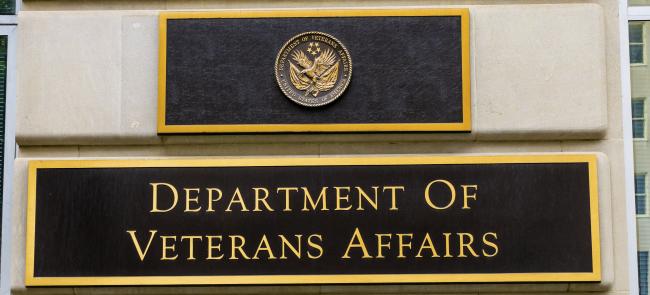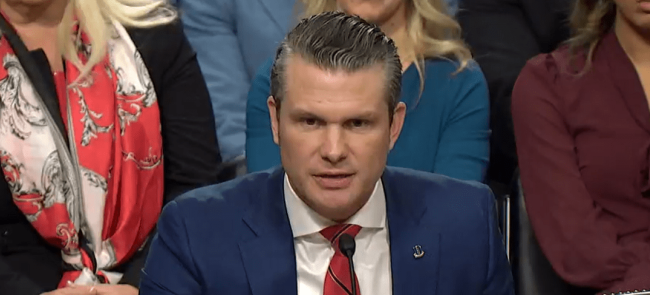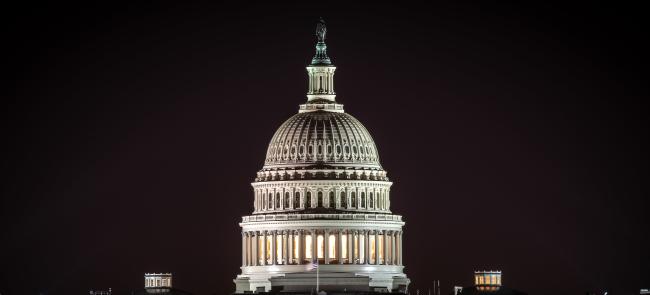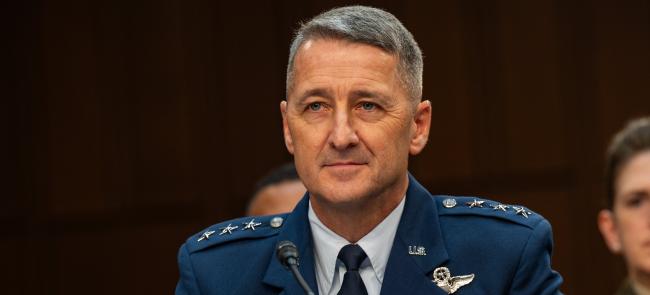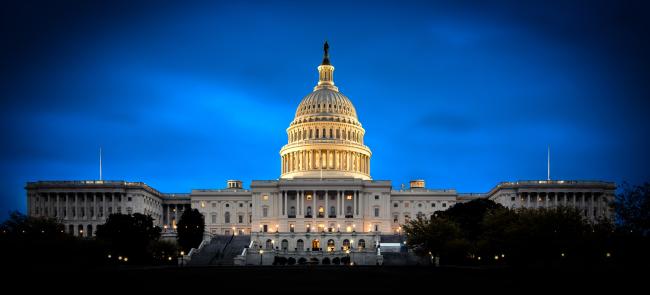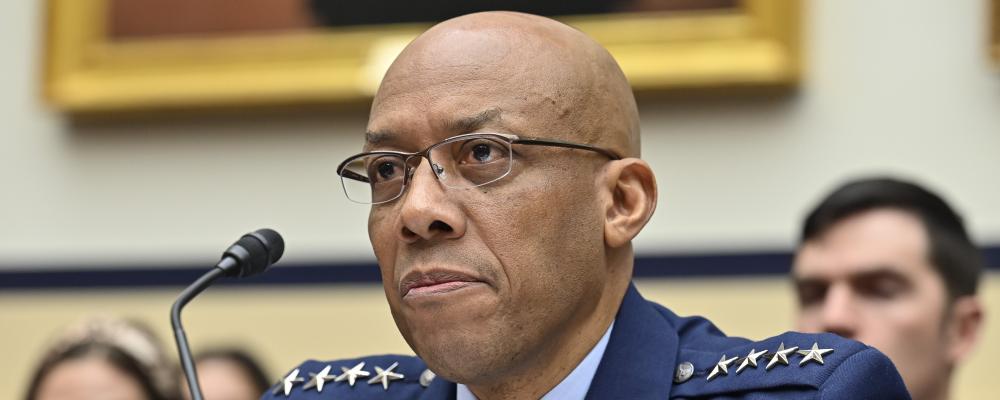
The U.S. military will have to slow recruiting, cut shipbuilding, delay nuclear modernization and put off all new military construction projects if Congress doesn't pass fiscal year 2024 appropriations, according to Gen. Charles Q. Brown Jr., the chairman of the Joint Chiefs of Staff.
In a Nov. 29 letter to Senate Appropriations Committee chair Patty Murray, D-Wash., Brown listed some of the issues the Pentagon will face if lawmakers decide to operate under a full-year continuing resolution for fiscal 2024.
The federal government is already under a short-term CR. It funds some agencies through Jan. 19, 2024, and others — including the Defense Department — through Feb. 2, 2024.
Pentagon leaders are increasingly concerned because Congress is deeply divided on spending priorities and toplines.
Additionally, House Speaker Mike Johnson, R-La., has said lawmakers should pass a year-long CR if fiscal 2024 spending talks fall apart.
"DoD has never operated under a year-long CR; it would be historically costly to the Joint Force," Brown wrote in last week's letter, which was courtesy copied to Sen. Susan Collins, R-Maine, the SAC’s vice chairman, who released the document on her website.
"In a CR, the DoD’s actual buying power is significantly impacted and degraded," Brown added. "As I have said previously, we cannot outpace our pacing challenge [China] while under a CR."
Under a CR, the federal government is funded at the previous fiscal year’s levels, with no new programs.
"Thousands of programs will be impacted with the most devastating impacts to our national defense being to personnel, nuclear triad modernization, shipbuilding and ship maintenance, munitions production and replenishment, and U.S. lndo-Pacific Command (USINDOPACOM) priorities," Brown wrote.
On the personnel side, a year-long CR would create a $5.8 billion shortfall in military personnel funding and "exacerbate" recruiting and retention challenges, according to the letter.
DoD would also be forced to "delay service member moves and slow recruiting" to offset the costs of the 5.2% pay raise for the military, Brown wrote.
"Passing a full-year funding bill and the president's national security supplemental request would prevent these devastating impacts," he added.
"lt would also provide funding for critical weapons and equipment for our allies and partners while replenishing depleted DoD stocks and providing for robust investments in the defense industrial base," Brown stated. "We owe our servicemembers the tools they need to be successful."
Brown's letter is available here.
Collins echoed Brown’s words on the Senate floor Nov. 29.
"Each day that the Department of Defense operates under a temporary funding measure — rather than its full-year appropriations bill — important national security investments remain on hold," she argued.
"For example, the department has identified more than 330 new programs or production increases that cannot proceed," Collins explained.
"This includes more than a dozen high priority initiatives identified by the Air Force, $6 billion in Army transformation efforts and multi-year procurement authority for Virginia Class submarines," she concluded.
— By John Goheen

